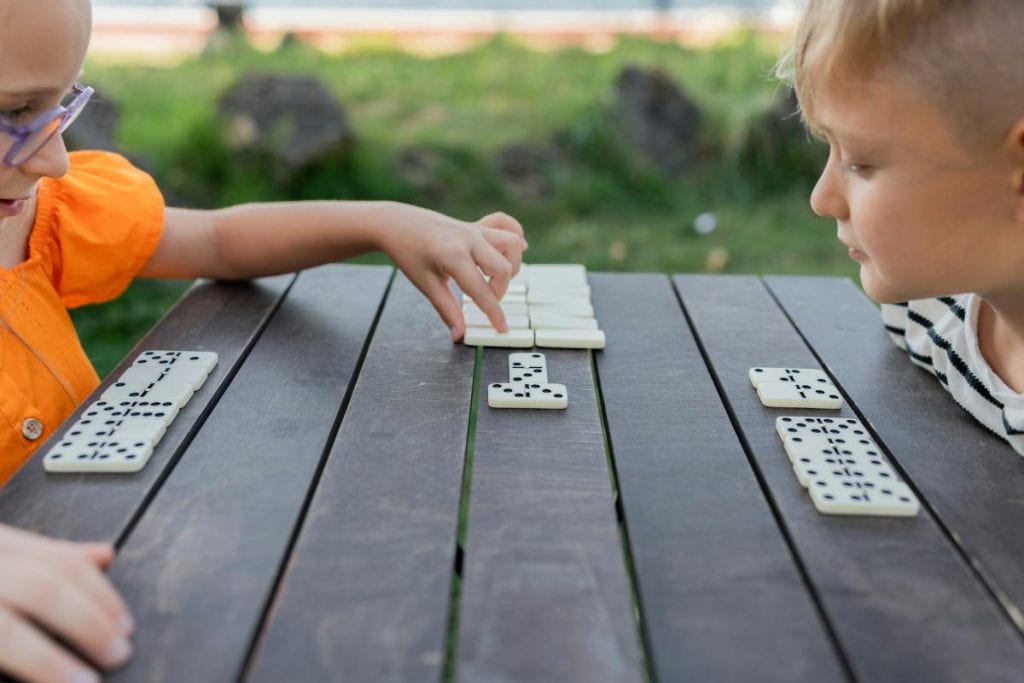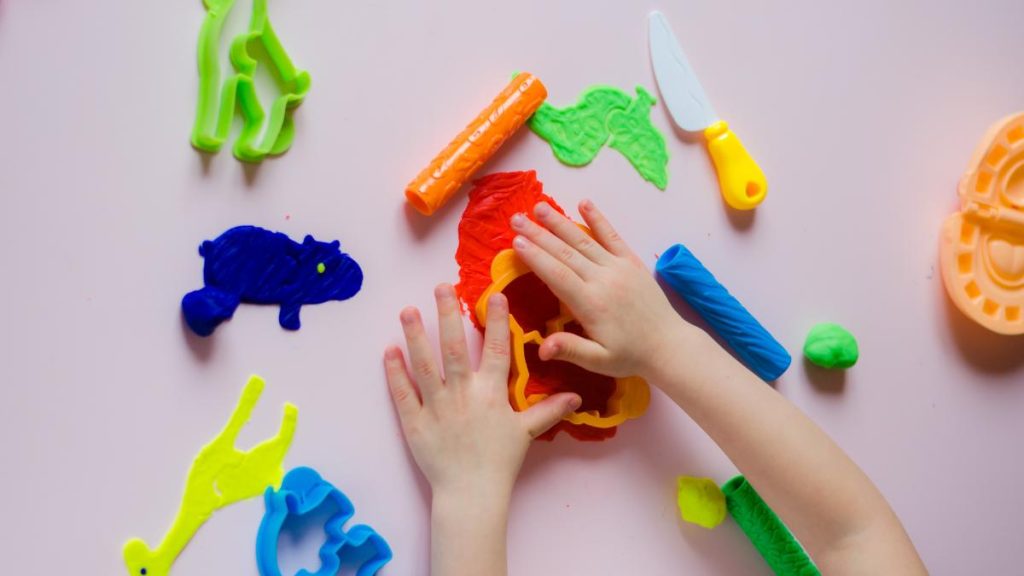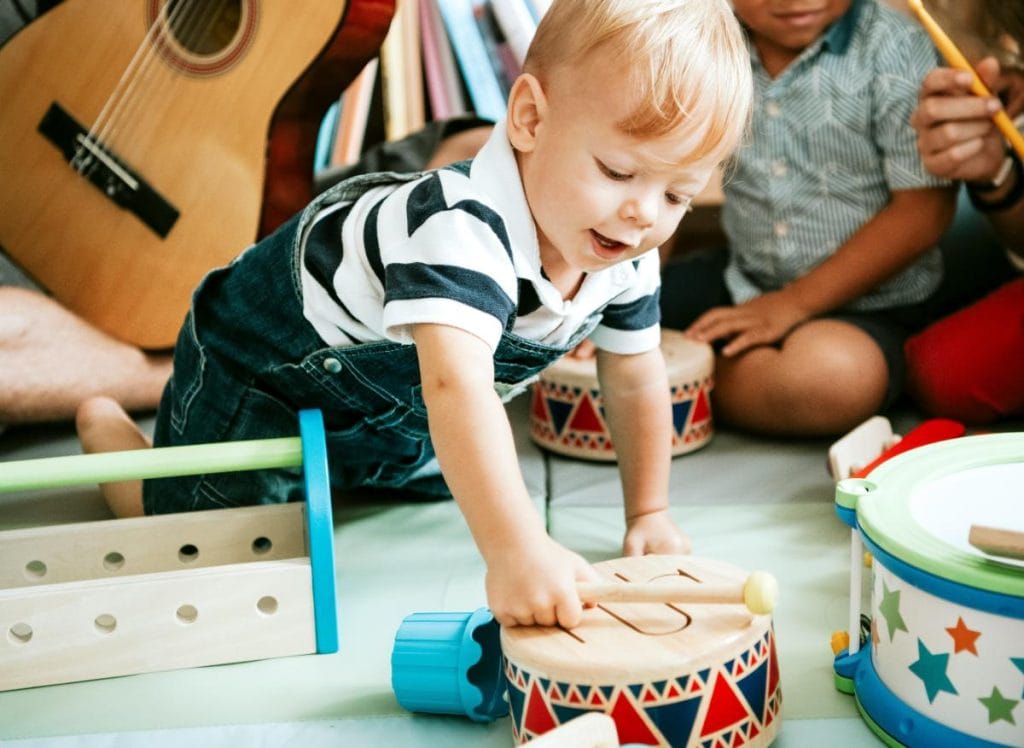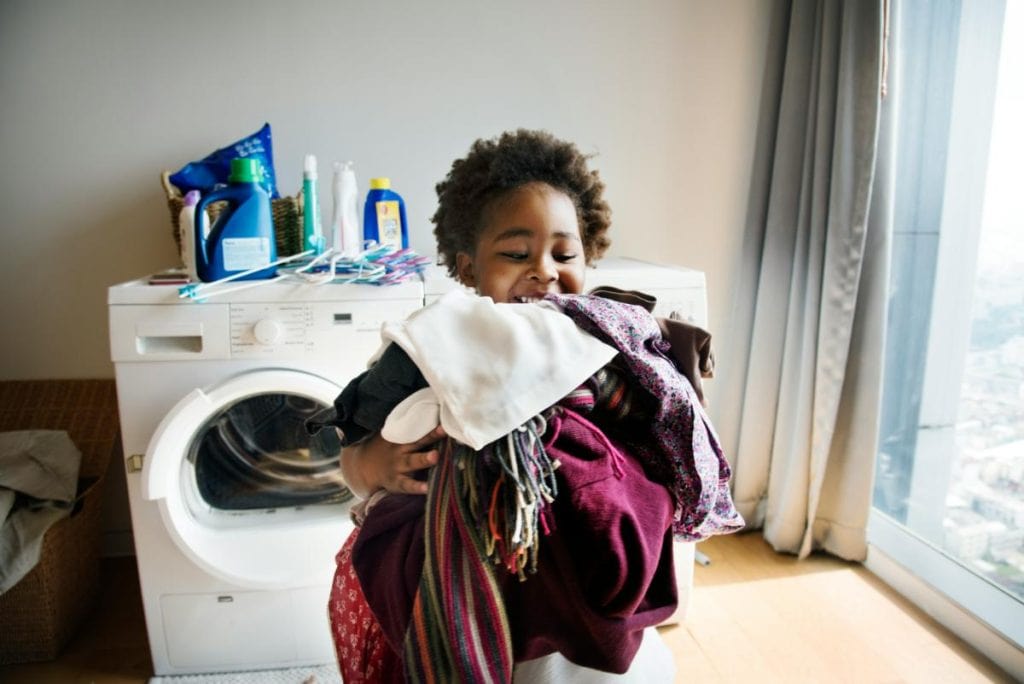Children with developmental delays often benefit from engaging activities tailored to their unique needs. These fun exercises can stimulate growth, enhance skills, and promote joyful learning experiences. Incorporating play-based activities into daily routines helps children with developmental delays improve their motor, cognitive, and social abilities.

Parents and caregivers play a key role in supporting children’s development through creative and adaptive play. By focusing on a child’s strengths and interests, we can design activities that are both enjoyable and beneficial. From sensory play with playdough to music-based games, there are countless fun and simple occupational therapy activities to make learning an exciting adventure for children with special needs.
This guide is designed for educational purposes and should not be used as a substitute for medical advice. Please consult with a healthcare provider for personal medical guidance.
Developing Essential Skills Through Play
Play is a powerful tool for children with developmental delays to acquire crucial skills. Engaging in targeted activities can promote cognitive, physical, and social growth in a fun and natural way.
Cognitive and Problem-Solving Activities
Puzzles and board games offer excellent opportunities for cognitive development. Jigsaw puzzles enhance spatial awareness and problem-solving skills. Children learn to analyze pieces, recognize patterns, and persist through challenges.
Board games like Scrabble Junior introduce letter recognition and vocabulary building. These games also teach turn-taking and rule-following, important aspects of self-control.
Memory games improve attention span and recall abilities. Simple card matching games or digital apps can be adjusted to suit various skill levels.
Physical and Motor Skill Enrichment

Obstacle courses promote gross motor skills and balance. Set up a course using household items like cushions, boxes, and hula hoops. This activity encourages planning and spatial navigation.
Playdough and modeling clay enhance fine motor skills and hand-eye coordination. Children can practice pinching, rolling, and shaping, strengthening finger muscles for writing and daily tasks.
Sensory bins filled with materials like rice, beans, or water beads offer tactile exploration. This activity supports sensory processing and can be calming for children with autism.
Social Skills and Communication Enhancement
Role-playing games encourage imagination and social interaction. Children can practice different scenarios, learning appropriate responses and building empathy.
Team sports adapted for special needs promote cooperation and communication. Activities like modified soccer or basketball teach teamwork and following instructions.
Social stories, presented through books or digital media, help children understand social situations. These narratives explain expected behaviors and social cues in a clear, visual format.
Music therapy sessions can improve communication skills. Singing, playing instruments, and moving to rhythms foster self-expression and turn-taking in a group setting.

Incorporating Therapeutic Play into Everyday Life
Therapeutic play can be easily integrated into daily routines, providing opportunities for skill development and enjoyment. By adapting common activities and using everyday objects, parents can create engaging experiences that support their child’s growth.
Creative Sensory Play for Diverse Needs
Sensory play is imperative for children with developmental delays, especially those with autism or sensory processing disorders. Create a sensory bin using rice, beans, or sand. Add small toys or objects with different textures for exploration. For children with physical disabilities, consider using water beads or kinetic sand for easier manipulation.
Sensory bottles filled with colorful objects and liquid can provide visual stimulation. Use different materials like glitter, beads, or small plastic figures. These bottles are particularly beneficial for children with Down syndrome or cerebral palsy, offering a calming sensory experience.
Set up a texture wall using various materials such as fabric, sandpaper, and bubble wrap. This activity encourages tactile exploration and can be adapted for children with different abilities.
Skill-Building with Everyday Activities

Incorporate therapeutic play into daily tasks to develop life skills and fine motor abilities. Cooking activities offer numerous opportunities for skill-building. Let children mix ingredients, measure portions, or use cookie cutters. These tasks enhance hand-eye coordination and promote independence.
Sorting laundry by color or type helps with categorization skills. Folding clothes improves fine motor control. For children with physical disabilities, adapt tasks by using larger items or providing assistive tools.
Create an obstacle course using household items like pillows, chairs, and boxes. This activity enhances problem-solving skills and gross motor development. Adjust the difficulty level based on the child’s abilities and needs.
Engaging Social Interaction Games
Social games promote communication skills and peer interaction. “Simon Says” is an excellent game for following instructions and body awareness. Modify the commands to suit children with different physical abilities.
Board games encourage turn-taking and patience. Choose games with simple rules and colorful pieces. For children with autism, use visual cues or timers to structure gameplay.
Cooperative building activities using blocks or Lego promote teamwork. Assign roles based on each child’s strengths. This activity is particularly beneficial for developing problem-solving skills and spatial awareness.
Organize mini team sports in the backyard or local park. Adapt rules to ensure all children can participate, regardless of their physical abilities. These activities foster social interaction and gross motor skills development.
Ten Entertaining Things To Do With Kids That Have Developmental Delays
Engaging children with developmental delays in fun, interactive activities is a great way to support their growth and development. These activities not only encourage skill-building but also offer opportunities for creativity, exploration, and social interaction. Whether focusing on motor skills, sensory development, or problem-solving, incorporating play into daily routines helps children learn in a way that feels natural and enjoyable. Below are 10 fun activities designed to aid in the development of key skills while keeping kids entertained and engaged.
- Sensory Play with Playdough: Let kids mold and shape colorful playdough. This activity enhances fine motor skills and provides a calming, sensory-rich experience.
- Obstacle Course Adventure: Set up a simple obstacle course with pillows, tunnels, and hula hoops. This helps improve coordination, balance, and gross motor skills while keeping it exciting.
- Story Time with Props: Bring stories to life by using props or puppets while reading. This can improve language development and imagination through visual and interactive play.
- Building Block Towers: Using building blocks or LEGO sets, encourage children to create towers or other structures. This promotes hand-eye coordination, spatial awareness, and problem-solving skills.
- Scavenger Hunts: Create a scavenger hunt around the house or yard where kids search for specific items. This activity encourages attention to detail, memory, and critical thinking.
- Musical Instruments Jam Session: Use simple musical instruments like tambourines, drums, or xylophones to encourage kids to make music. It improves rhythm, auditory processing, and creative expression.
- Bubble Catching Game: Blow bubbles and encourage kids to pop them with their hands. This can help with visual tracking, coordination, and motor control, all while being a lot of fun.
- Shape Sorting and Matching Games: Use shape sorters or picture-matching cards to help kids recognize patterns and shapes, developing cognitive skills and visual discrimination.
- Finger Painting: Let kids explore colors and textures with finger painting. This sensory activity enhances creativity, fine motor skills, and hand-eye coordination.
- Simple Cooking Projects: Engage kids in simple cooking tasks like stirring, pouring, or decorating cupcakes. This improves motor skills, following instructions, and boosts confidence through hands-on learning.
Engaging in fun activities tailored for kids with developmental delays can significantly boost their skills and confidence. These activities provide opportunities for learning, growth, and social interaction in enjoyable ways. Parents and caregivers play a crucial role in adapting games and tasks to suit each child’s unique needs and abilities.
By incorporating a variety of sensory, motor, and cognitive activities into daily routines, children can make steady progress while having fun. Regular participation in these engaging pursuits helps foster independence, improve communication, and enhance overall development in a positive, supportive environment.
